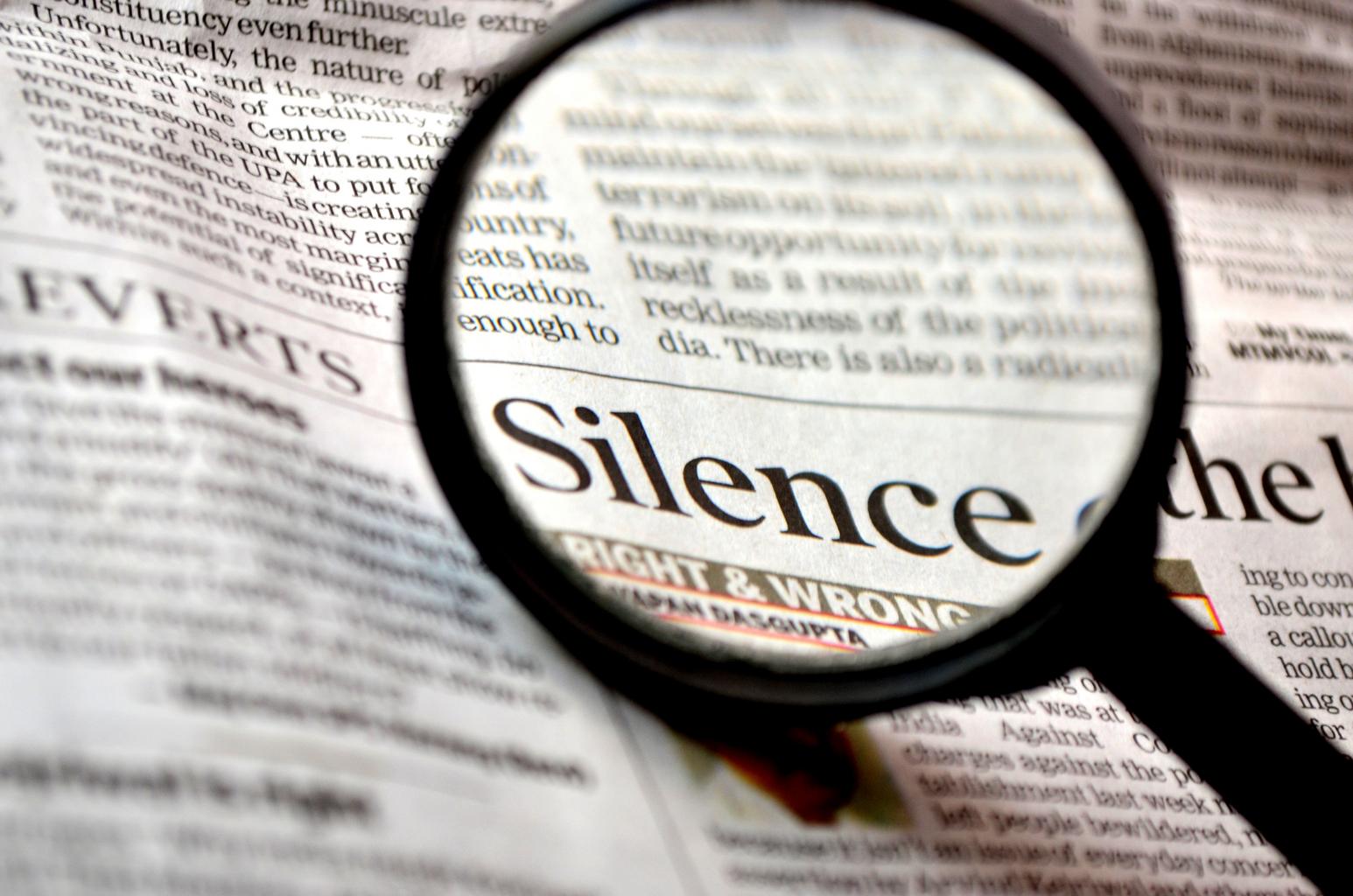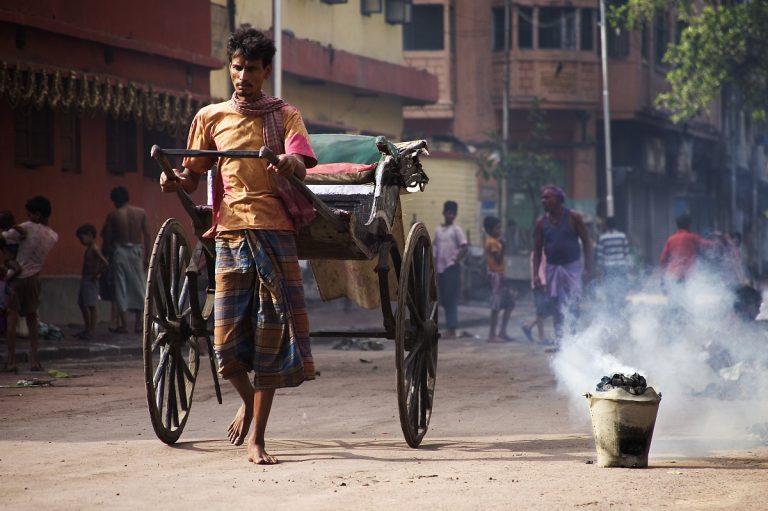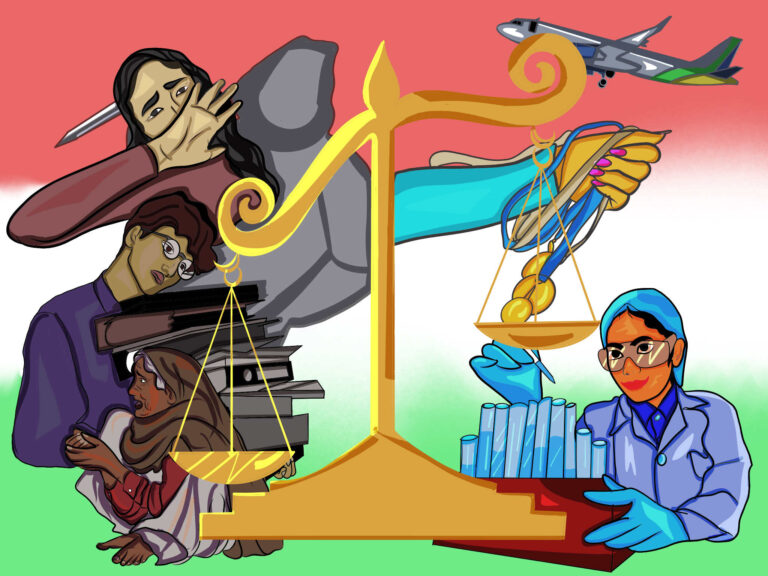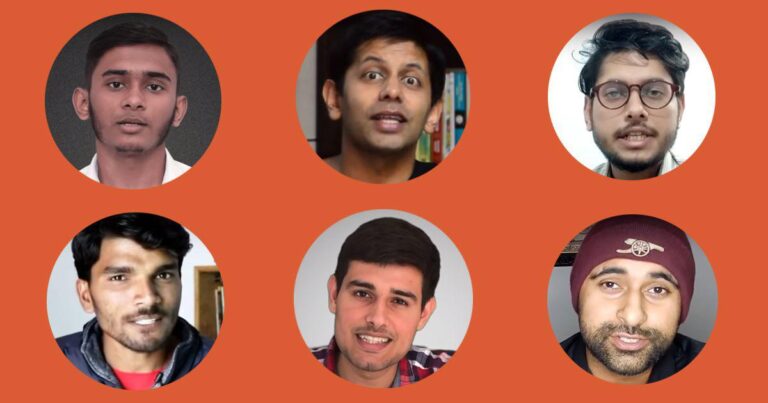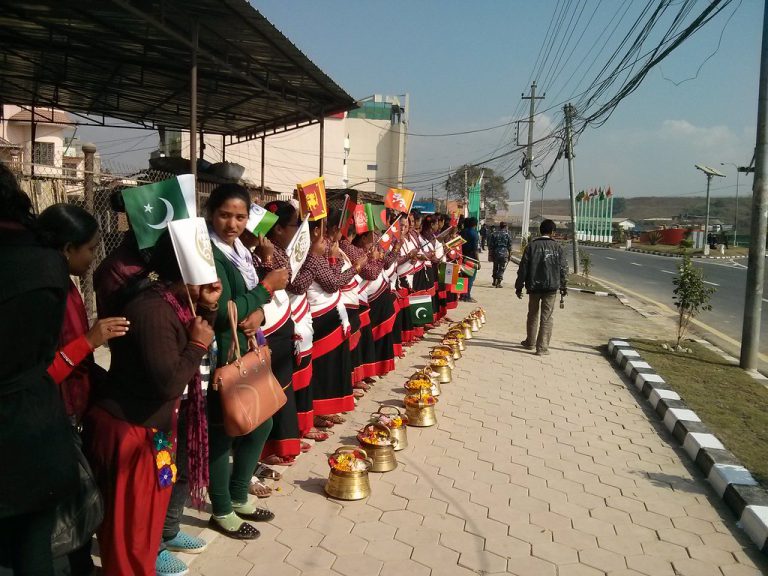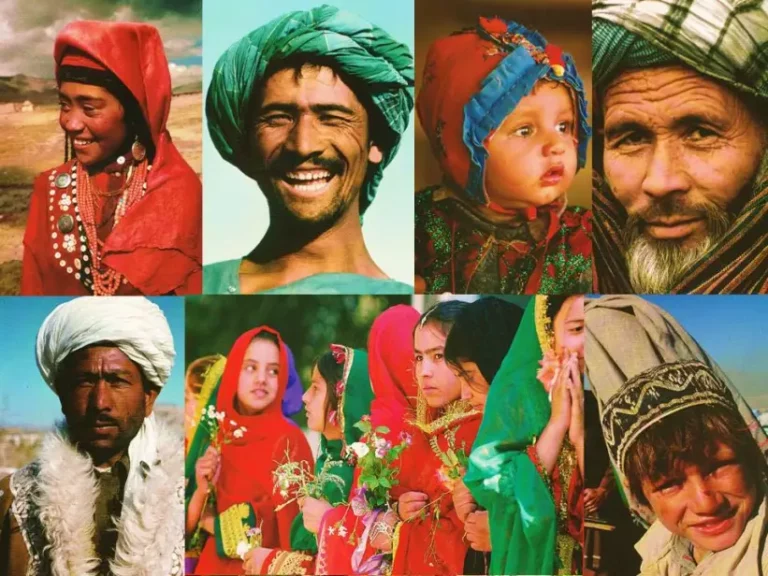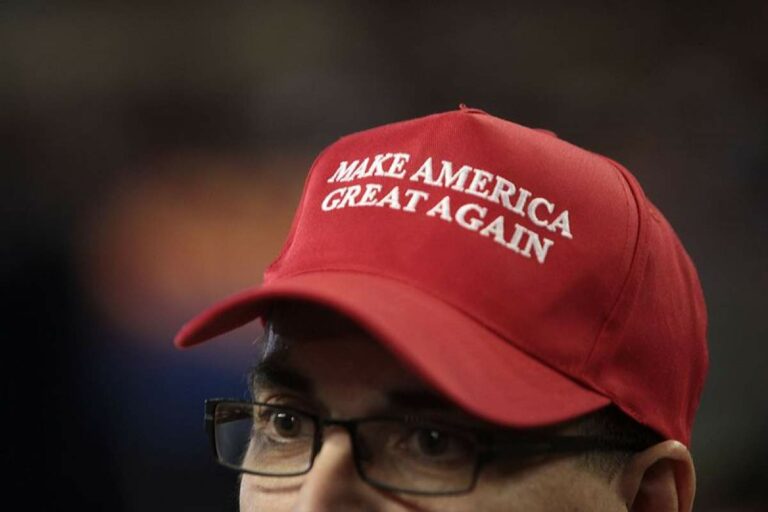The curious case of the Election Commission
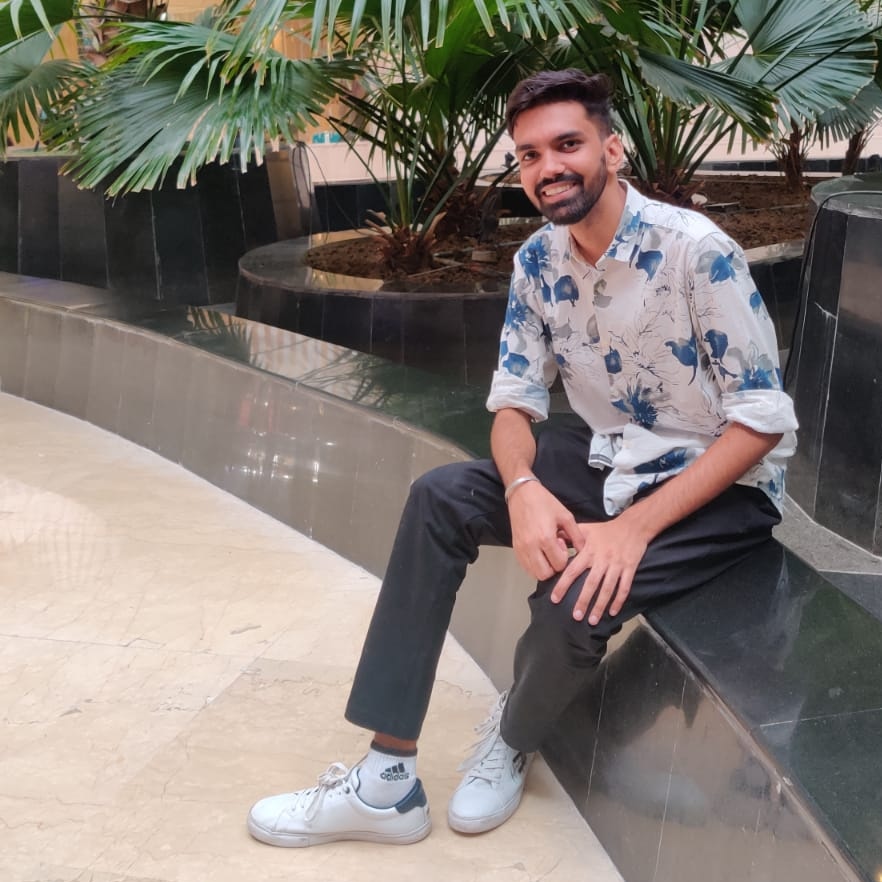
The Election Commission of India is the autonomous body responsible for conducting the Lok Sabha, Rajya Sabha, State, Vice-Presidential and Presidential elections. The election body decided to conduct elections in five states when India was still battling the pandemic. Though autonomous in stature, the ECI has been accused of bias and partisan in its decision-making. The EC’s image has been further tarnished in the West Bengal State Election, a battleground between the incumbent All India Trinamool Congress (AITMC) led by Chief Minister Mamta Banerjee and Modi-Shah’s national ruling party, Bharatiya Janata Party (BJP).
TMC alleged the bias from the day the EC announced eight-phase polling in the assembly elections, with results due on May 02. The EC justified its decision claiming that it was done after considering and assessing multiple factors. “After all, the elections to West Bengal in 2016 were in seven phases. The Lok Sabha was in seven phases. So, seven to eight is not such a big deal because we also have to see the movement of forces, the current charges and counter-charges. We have to kind of find a way out,” claimed Chief Election Commissioner Sunil Arora in a press conference, further suggesting festivals and more number of polling stations as some other reasons.
Several Bengal districts such as South 24 Parganas, North 24 Parganas, East Midnapore, West Midnapore and others will go for polling in multiple parts. According to the Left and the TMC for the 294 seats state, this is a first in Bengal’s political history, while 234 seats of Tamil Nadu and 140 seats of Kerala were going for a single-day poll. Banerjee alleged that the EC’s decision would facilitate BJP’s campaign and questioned if the Prime Minister-Home Minister duo were consulted before the decision as it helps them campaign in Assam and Tamil Nadu before setting a camp in Bengal. “Has this been done with the advice of Modi and Amit Shah? Has this been done to facilitate their campaigning so that they can finish Assam and Tamil Nadu before coming to Bengal? This won’t help BJP. We will demolish them,” alleged the incumbent CM in a press conference. TMC added that since the BJP has fewer party workers in the state, dividing the polling into more phases will allow the party to focus intensively on smaller regions. Journalist Seema Chishti in her analysis of the election, adds that Upper Assam, where the Saffron Party has a stronghold but is on backfoot on CAA, goes into the polling in the first phase allowing the BJP to raise CAA in other parts of Bengal, especially the land inhabited by the Matua community, who have demanded and supported the CAA at later stages of polling. BJP reacted to the claims of bias to mention that it had nothing to do with the EC’s working, and it was sheer frustration of the TMC. BJP’s Rahul Sinha attacked the TMC, saying that eight-phase polling will ensure peaceful polling and not a bloodbath.
Soon after this, the TMC accused the EC of being “arbitrary, motivated and biased” when the EC allowed appointing the polling agents from any part of an assembly constituency reversing a 2009 order that asked the contesting candidates to appoint the polling agents only from the same polling station or from a neighbouring one in the same constituency. The move is said to be of benefit to the BJP with fewer polling agents on the ground. TMC knocked on the doors of the Election Commission with a letter, chiding “Such reasoning is not only ambiguous in nature but also leads us to a conclusion that it has been implemented to help certain political parties, namely the Bharatiya Janata Party (BJP), due to them not possessing the strength to muster enough polling agents.” Another delegation of the TMC visited the Election Commission with a memorandum to request matching all VVPAT-chits with the EVM votes to ensure fair results. However, the EC rejected the request, reasoning that it would delay the counting process and the results.
The ECI did not put any restrictions on the political leaders conducting massive rallies and roadshows that acted as a superspreader of the virus in India. The Madras High Court, in its hearing against the ECI, commented that they should be charged as murderers. Around 135 officers on Uttar Pradesh Panchayat elections duty succumbed to the virus. The EC’s handling of these matters in this election has exacerbated its already tarnished image. In the 2019 Lok Sabha Elections, the EC was found giving clean chit to the Prime Minister and other BJP leaders on several occasions. When the Prime Minister asked the first time voters to keep in mind the armed forces’ sacrifice while casting votes, the EC took no note of it even though it was a violation of its appeal to include the army in their political propaganda. Similarly, The PM used the name of a fighter pilot who returned from Pakistan after a military standoff. The BJP used the fighter pilot’s pictures on its poll posters, and the EC failed to take notice of it. Before the elections, the Moral Code of Conduct restricts the government from announcing any new schemes and not using religion or caste as a part of their political claims. Almost no political party adhered to it and openly used both religion and caste. The Prime Minister criticized then Congress President Rahul Gandhi for fleeing Amethi and going to the Wayanad region with most of the Muslim population. All parties engaged in polarization, but the EC failed to take actions to the best of its capabilities. In another instance, the EC was accused of delaying the announcement of dates for the 2017 Gujarat Assembly Elections to facilitate the government from announcing new schemes for the region, which cannot be done after the moral code of conduct is in place.
However, accusing the EC of being biased by political parties is not new. In 2014, the BJP accused the Election commission of being biased for not allowing the then Prime Minister candidate Narendra Modi from campaigning in Varanasi. The BJP demanded the removal of the Varanasi Returning Officer from the Election Commission, but the request was denied, and the CEC in his press conference categorically mentioned that it was not biased towards any party and not afraid of any political group; rather, it was doing its duty and cancelled the rally on account of professional security advice, citing security reasons as the only concern for the cancellation as a matter of lives was more important.
The Election Commission is accused of favouring some political parties by other political parties in almost every election. One of the significant reasons for charges of bias can be concluded with the appointment of the Chief Election Commissioner (CEC). The President of India appoints the CEC on the advice of the Government of India. This can further lead to favouritism by the ruling dispensation in advising the name of the person of their choice, thus raising doubts in the minds of the opposition parties. The procedure of selection of the Election Commissioner ought to change in order to protect the image of the Election Commission. As is the case with appointment procedures of some of the parliamentary committees and independent bodies such as the National Human Rights Commission of India (NHRC), the head of these bodies are selected by a special committee consisting of the Prime Minister, Opposition Leader, Speaker of Lok Sabha and some Cabinet Ministers. This ensures transparency in the procedure of appointment and inclusion of the opposition in the selection process. Another issue is the decision on polling dates. Election Commission should ensure that no party is being favoured while doing so, and each party gets a fair chance at campaigning. However, those found violating the Moral Code of Conduct should be dealt with strictly with a standard procedure and not selective choice or bias. Similarly, ECI should set up a committee to look into all the letters, complaints, and memorandums submitted by the parties and take concrete decisions in a timely manner. One of the constant charges against the Election Commission is the usage of Electronic Voting Machines (EVMs). The Election Commission can call for verifying all VVPAT slips with the results. This might delay the announcement of results but will ensure transparency and will leave no scope for charges against the EVMs or the Election Commission at large.
The Election Commission has a responsibility to conduct free and fair elections in the nation and must follow conduct that ensures transparency and credibility of the institution.


